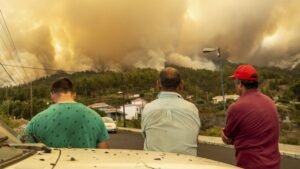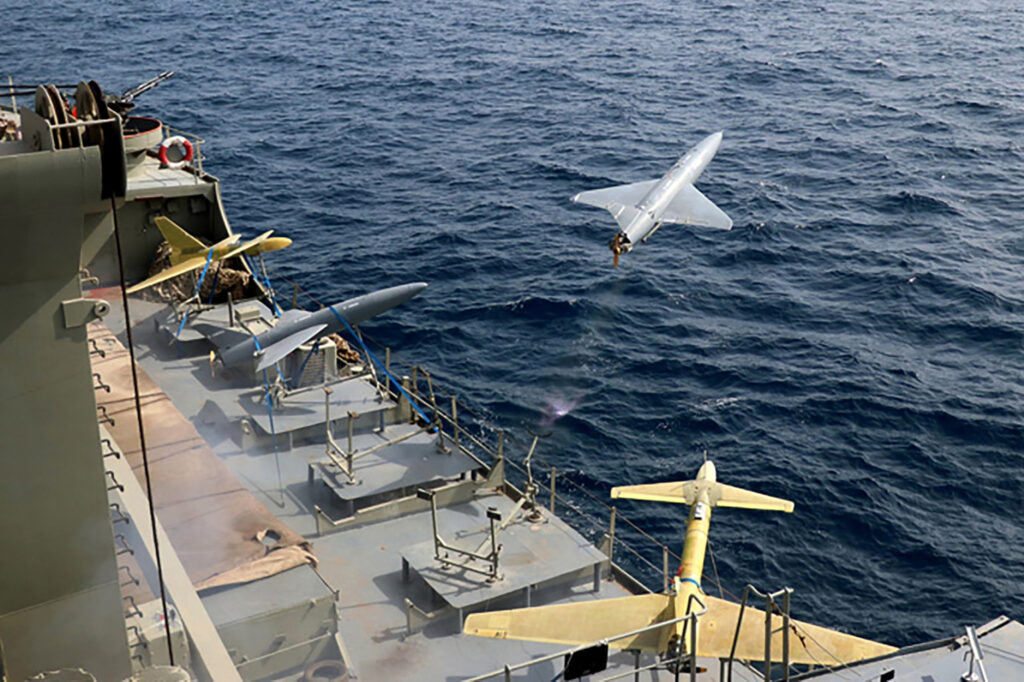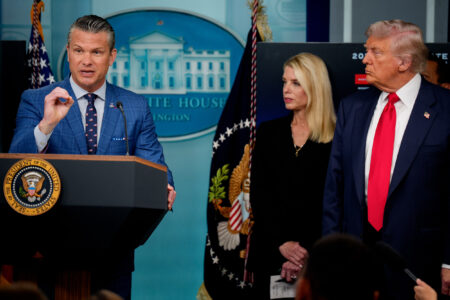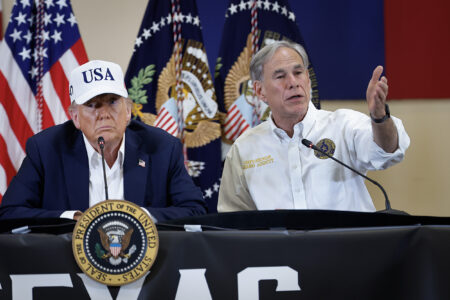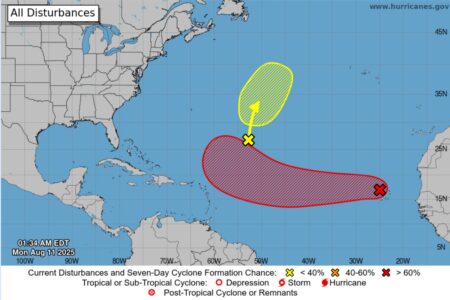Iran has warned its neighbor against welcoming the American military into its territory to develop a new U.S.-backed economic corridor dubbed the “Trump Bridge.”
Iranian President Masoud Pezeshkian told his Armenian counterpart on Monday that Washington may pursue hegemonic goals in the Caucasus under the guise of economic investment, Iranian state media reported on Monday, after U.S. President Donald Trump brokered peace between Armenia and Azerbaijan last week.
Newsweek has reached out to the U.S. State Department and Iran’s Foreign Ministry for comment.
Why It Matters
The United States, Armenia and Azerbaijan reached an agreement on Friday to end decades of conflict in the South Caucasus. The deal grants an American consortium exclusive rights to develop and control a strategic land route known as the Zangezur corridor, which the White House is calling the “Trump Route for International Peace and Prosperity.”
The corridor will link Azerbaijan to its Nakhchivan exclave through southern Armenia, but the proposed economic project has drawn sharp criticism from Tehran for its proximity to Iran’s northern border and over the possibility of new U.S. military infrastructure appearing there.
Although Iran’s Foreign Ministry cautiously welcomed the peace accord between its northern neighbors, Pezeshkian’s warning echoed a senior adviser to Iran’s supreme leader a day earlier, who threatened to turn the area into a “a graveyard for the mercenaries of Donald Trump.”
What To Know
In a call with Prime Minister Nikol Pashinyan of Armenia, Pezeshkian emphasized the need to block foreign military or security presence in the corridor, according to a readout carried by the semi-official Tasnim news agency.
After Trump announced the peace deal last week, White House spokesperson Anna Kelly said the new route would respect “Armenia’s sovereignty and territorial integrity and its people.”
The agreement prohibits the deployment of foreign military forces along the Armenia-Azerbaijan border or in the corridor, an area that has historically seen a large Russian peacekeeping presence.
The land corridor running through Armenia’s Syunik province and bordering Iran’s northern East Azerbaijan province is billed by the United States as a chance to boost regional trade and economic integration. It is expected to further enhance Baku’s economic and strategic reach while reducing Iranian and Russian influence in the region.
Iran’s Foreign Ministry last week expressed “concern over the negative consequences of any form of foreign intervention, especially near its shared borders, that could undermine the security and lasting stability of the region.”
What People Are Saying
Iranian President Masoud Pezeshkian: “One must make sure that this route will be really the route of peace and development, not a tool for the realization of the hegemonic objectives of outsiders.”
White House spokesperson Anna Kelly: “The roadmap they are agreeing to will build a cooperative future that benefits both countries, their region of the South Caucasus and beyond.”
What Happens Next
The deal is yet to be formally ratified and but political tensions may grow if the United States successfully increases its presence on Iran’s doorstep.
Read the full article here




